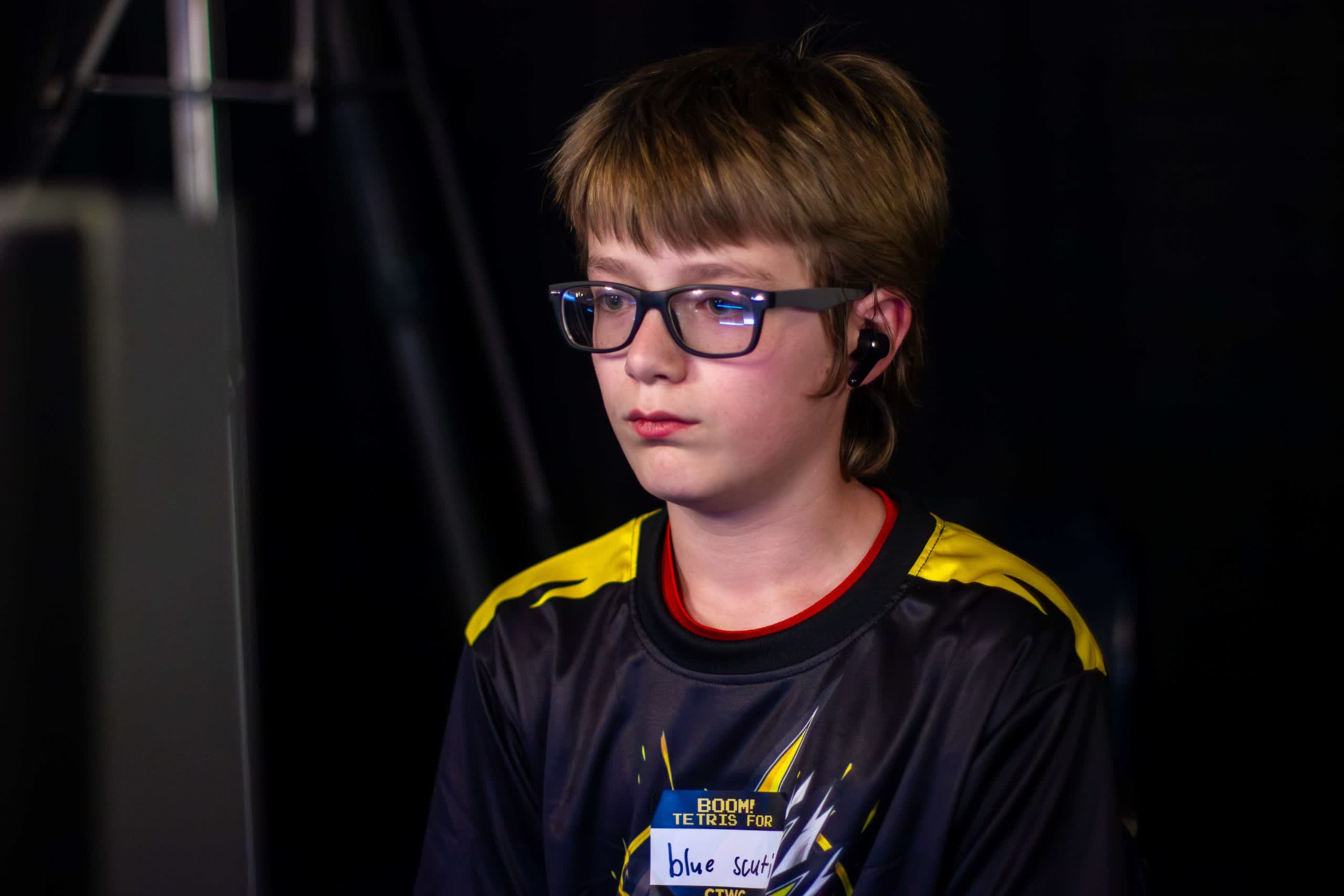What just happened? Tetris is not designed to be beaten. Throughout the game's history of nearly 40 years, people simply assumed that it was designed to continue indefinitely until the player lost. However, the evolving professional Tetris scene, striving for previously unattainable levels, eventually pushed the game's code to its limits.
Professional Tetris player Willis "Blue Scuti" Gibson became the first person to "beat" Tetris some three decades after its original release by playing the game's most extreme levels until it crashed. Even this feat is only one more step on a long journey to discover how far humans can push Tetris.
Tetris doesn't have a traditional ending like most single-player games – it's designed to run until the player loses. For decades, pro players thought they'd reached the theoretical end of the NES version – the agreed-upon regulation version of the game – but recent breakthroughs revolutionized high-level play and put the code's breaking point within reach.
An insightful documentary by aGameScout reveals that the Tetris community long thought beating level 29 was impossible. At this stage, blocks fall faster than a NES controller's movement. This was deemed the first "Killscreen." However, in 2011, Thor Ackerland's innovative "hypertapping" technique, involving rapid finger vibrations, enabled him to be the first to reach level 30.
From there, pro players slowly climbed to higher levels until Christopher "CheeZ" Martinez invented the "rolling" play style in 2020, which involves bouncing the controller up and down in the player's hand and strumming it sort of like a guitar.
Because Tetris speed no longer increases after level 29, rolling has allowed the community to rocket well beyond level 100 in the last few years, but the game soon started showing its true limits.
After level 138, NES Tetris' color scheme begins to deteriorate. Subsequent levels, including one with nearly invisible pitch-black blocks – nicknamed "Charcoal" – pose challenges with their hard-to-distinguish colors, crucial in professional play.

These stages were pivotal in leading players to conditions that could crash the game – a possibility discovered by programmer Greg Cannon in 2021 using Tetris-playing AI. Professional player and researcher Max "HydrantDude" Roy detailed all potential crash points.
Willis Gibson, at just 13 years old, became the first human player to manage the feat and trigger the "True Killscreen" late last month by scoring a single line on level 157, which has a high chance of causing a crash. Yet, other records await conquest.
For example, no one has yet crashed Tetris at the earliest theoretical opportunity by scoring a single upon transitioning to level 155. Pros could also try to speedrun the crash or get the highest possible score before it. However, the ultimate goal in Tetris may be avoiding a crash until reaching level 255, at which point it starts over at level 0. Machines have demonstrated precisely how it can be done, but whether it's humanly possible remains to be seen.
https://www.techspot.com/news/101383-13-year-old-first-human-beat-tetris.html